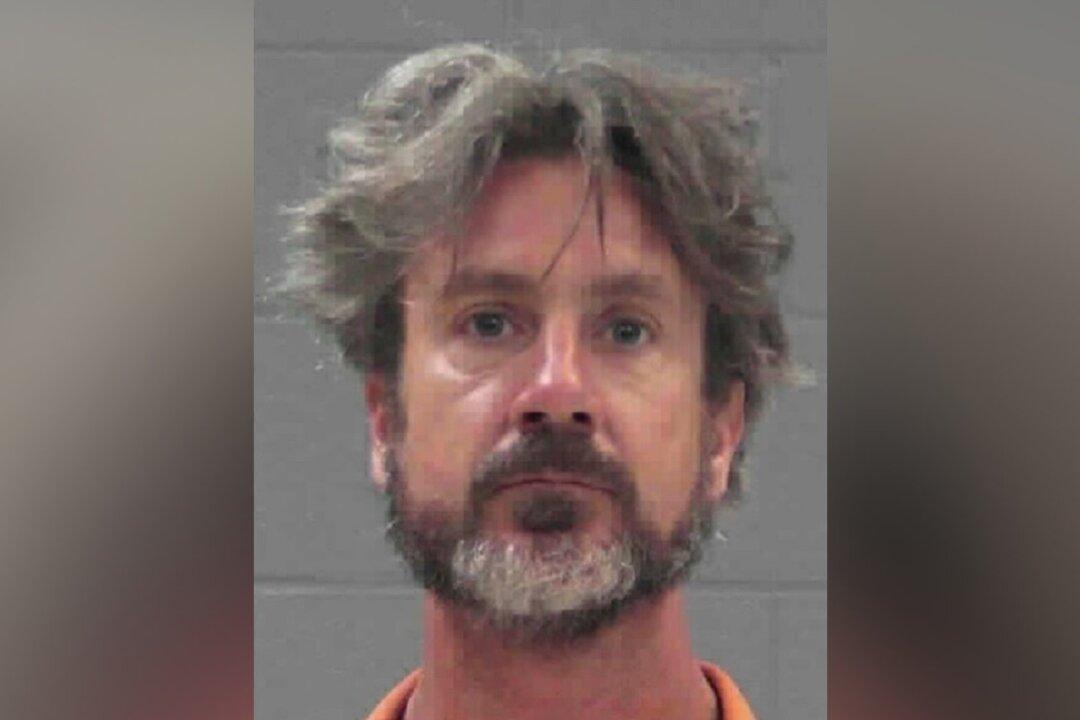MILLEDGEVILLE, Ga.—The boyfriend of a University of Georgia professor has been acquitted in her May 2019 death at a friend’s house in central Georgia.
A jury heard about four days of testimony and deliberated for about 35 minutes on April 8 before finding Marcus Allen Lillard not guilty of felony murder, aggravated assault, involuntary manslaughter, and reckless conduct in the death of Marianne Shockley, the Telegraph newspaper reported. However, the judge did revoke Lillard’s probation on a drug charge.





